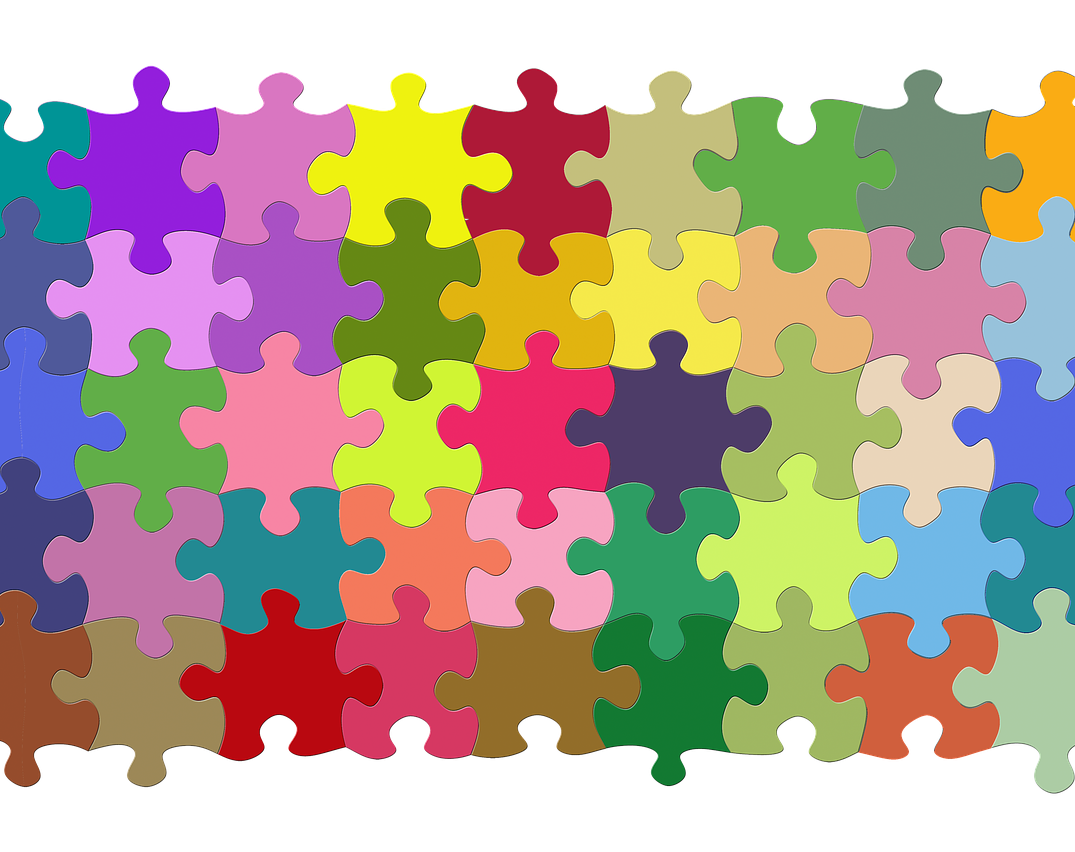The Importance of Asking…..So What?
Working with a family and completing an assessment is key to getting a full picture of what life is like for a child. However, for assessments to be truly meaningful we need to analyse the information gathered as part of the assessment and ask ourselves…So What? Without being analytical assessments become a ‘task’ rather than something that can really make a difference to a child’s life. Being analytical is about.

Hypothesising
Take a look at your completed assessment and ask yourself….
1. What is this all telling me?
2. Can I see any patterns or themes?
3. What is or could be going on here?
Always test out theories against the evidence and your theory might be guiding you to gather more information in order to fully test it out.
Be prepared to change your views depending on where your hypothesising and evidence leads you.

Checking Out With Others
Having explored and examined your hypothesis it’s critical to take these into conversations with others to check things out. This could be with colleagues, your manager etc.
Supervision, however, that takes place in your workplace, is critical when testing out your thinking and hypothesis.
We might also need to check things out with children and families as our analysis poses new questions for us that we need to discuss with them.

A Continuous Process
Analysing our work with families shouldn’t be a one-off event after we’ve completed an assessment. It is a continuous process and so throughout all stages of our work with families we should be pausing and analysing based on new information, a change in circumstances or change in level of need for the child etc.

Supporting Planning
Analysis is key to planning as it ensures the decisions that follow have been robustly thought through and the support plan for the child and family is based on their needs and the presenting issues. A challenge for practitioners working with neglect can be wondering ‘where do I start’ or, because of the complexity of the situation, particularly with inter-generational neglect, we can mirror the family sense of feeling overwhelmed. So, being analytical helps structure our support plans and avoids us adding to any drift within the family or unhelpful dynamics.
